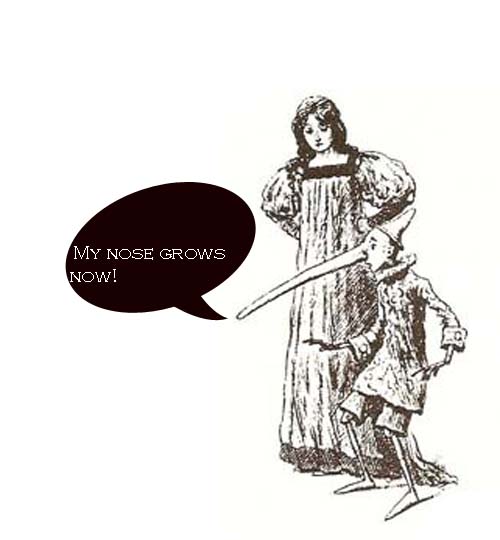Key Difference – Irony and Paradox
Irony and Paradox are two literary devices used in literature, which display a key difference. Irony is the expression of meaning through language that normally signifies the opposite, while a paradox is a statement that appears to contradict itself but may actually be true. The main difference between irony and paradox is that irony involves a mismatch or incongruity between what is perceived and what occurs, whereas a paradox is a clear contradiction.
What is Irony?
The Oxford English Dictionary defines irony as the expression of meaning through the use of language which normally signifies the opposite. In simpler terms, irony is the incongruity between what a person expects and what happens. This literary device is used extensively in literary works. Irony consists of many subcategories, including situational irony, verbal irony, and literal irony. Other subcategories include dramatic irony, cosmic irony, and Socratic irony.
What is Paradox?
A paradox is a statement that appears to contradict itself but may, in fact, be true. Some paradoxes seem to be both true and false simultaneously. Paradoxes are usually used in relation to logic and are believed to highlight quirks that exist in logic. Upon first reading a paradox, it may sound reasonable; however, upon further consideration, it becomes evident that the sentence is self-contradictory. Examples of paradoxes can be found in English literature, and they can be categorized as literary paradoxes or logical paradoxes.
Key Takeaways
- Irony involves a mismatch or incongruity between what is perceived and what occurs
- Paradox is a statement that appears to contradict itself but may be true
- Irony has several subcategories, while paradoxes can be classified as literary or logical
